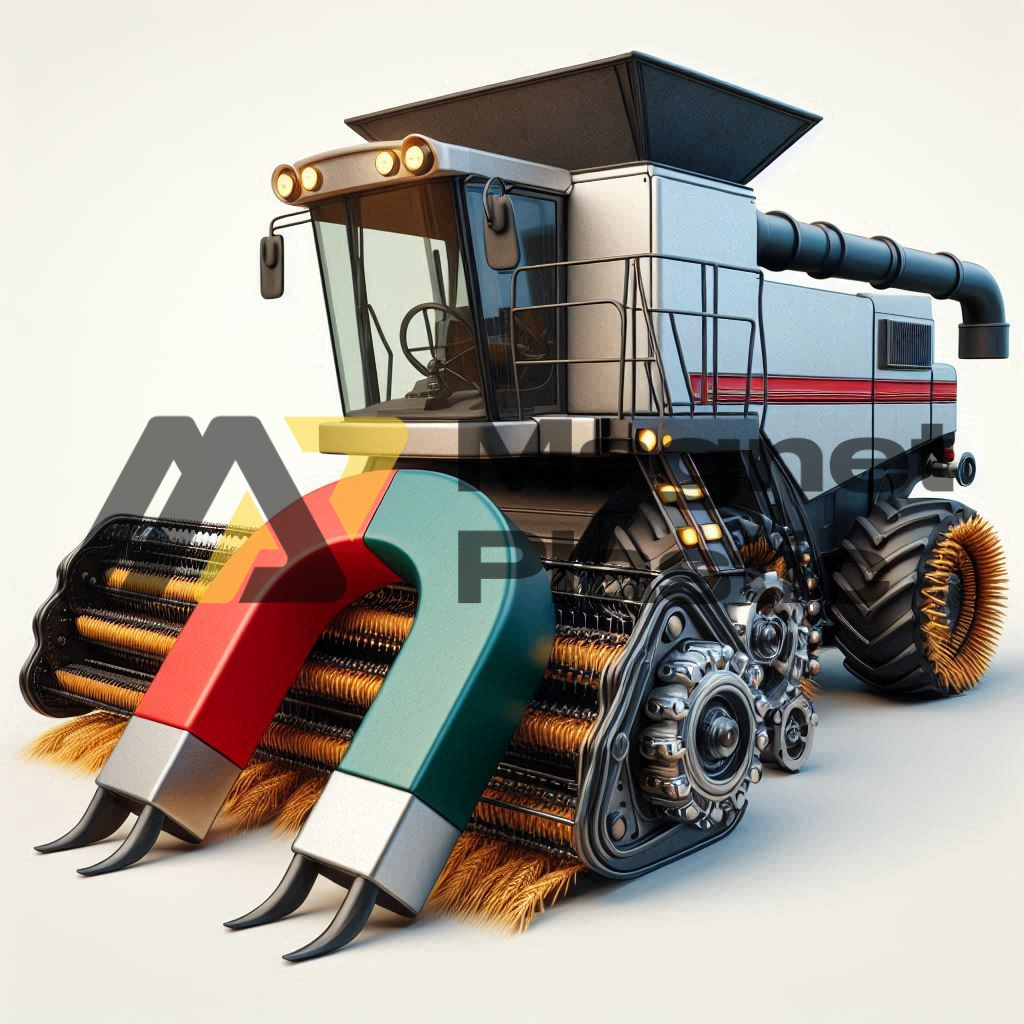Magnets in Smart Agriculture
Smart agriculture, a convergence of technology and farming practices, is revolutionizing the way we produce food. Among the emerging technologies transforming this industry, magnets play a crucial role in various applications that enhance efficiency and sustainability. From pest control to irrigation optimization, magnets are providing innovative solutions to the agricultural challenges of the 21st century.
Irrigation Optimization
One of the most notable uses of magnets in smart agriculture is in irrigation management. Magnetic sensors can detect soil moisture in real-time, allowing farmers to adjust irrigation precisely. This not only saves water but also ensures that crops receive the exact amount of water needed for healthy growth. Automated irrigation systems equipped with magnetic sensors can significantly reduce water consumption and increase the efficiency of water use.
Pest and Weed Control
Pest and weed control is another area where magnets are making a significant impact. Magnetic pest trapping systems are effective and non-toxic, providing an eco-friendly alternative to chemical pesticides. These systems can attract and capture pests using specific magnetic fields, reducing the need for harmful chemicals and offering a more sustainable way to protect crops.
Precision Agriculture
Precision agriculture, a methodology that uses advanced technologies to monitor and manage crops, benefits greatly from magnets. Magnets are used in various sensors and GPS devices that allow farmers to map their fields with high precision. This detailed information helps optimize the use of fertilizers and pesticides, applying them only where needed and in the right amounts. This not only improves crop productivity but also reduces environmental impact.
Detection and Removal of Heavy Metals
Soil contamination with heavy metals is an increasing problem in many agricultural areas. Magnets can be used to detect and remove these contaminants from the soil, improving soil quality and ensuring the production of safe food. Magnetic filtration systems can extract metal particles from the soil, providing an effective solution for soil decontamination and land rehabilitation.
Future Innovations
The future of magnets in smart agriculture promises even more innovations. With advances in magnetic materials and the miniaturization of sensors, potential applications are vast. For example, drones equipped with magnetic sensors are being developed to monitor large areas of crops and detect issues in real-time. These drones can identify areas with low fertility, pest infestations, or irrigation needs, allowing for quick and precise interventions.
Conclusion
Magnets are playing an essential role in transforming agriculture towards smarter and more sustainable practices. From optimizing irrigation to controlling pests and detecting contaminants, the applications of magnets are diverse and promising. As technology continues to advance, we are likely to see even more innovations leveraging the power of magnets to address future agricultural challenges. In this context, magnets represent not only a technological tool but also an ally in the quest for more efficient and environmentally friendly agriculture.
In summary, the integration of magnets into smart agriculture is redefining how we manage natural resources, improve productivity, and protect our environment. This innovative approach is crucial for ensuring sustainability and food security in a world facing growing environmental and demographic challenges.
